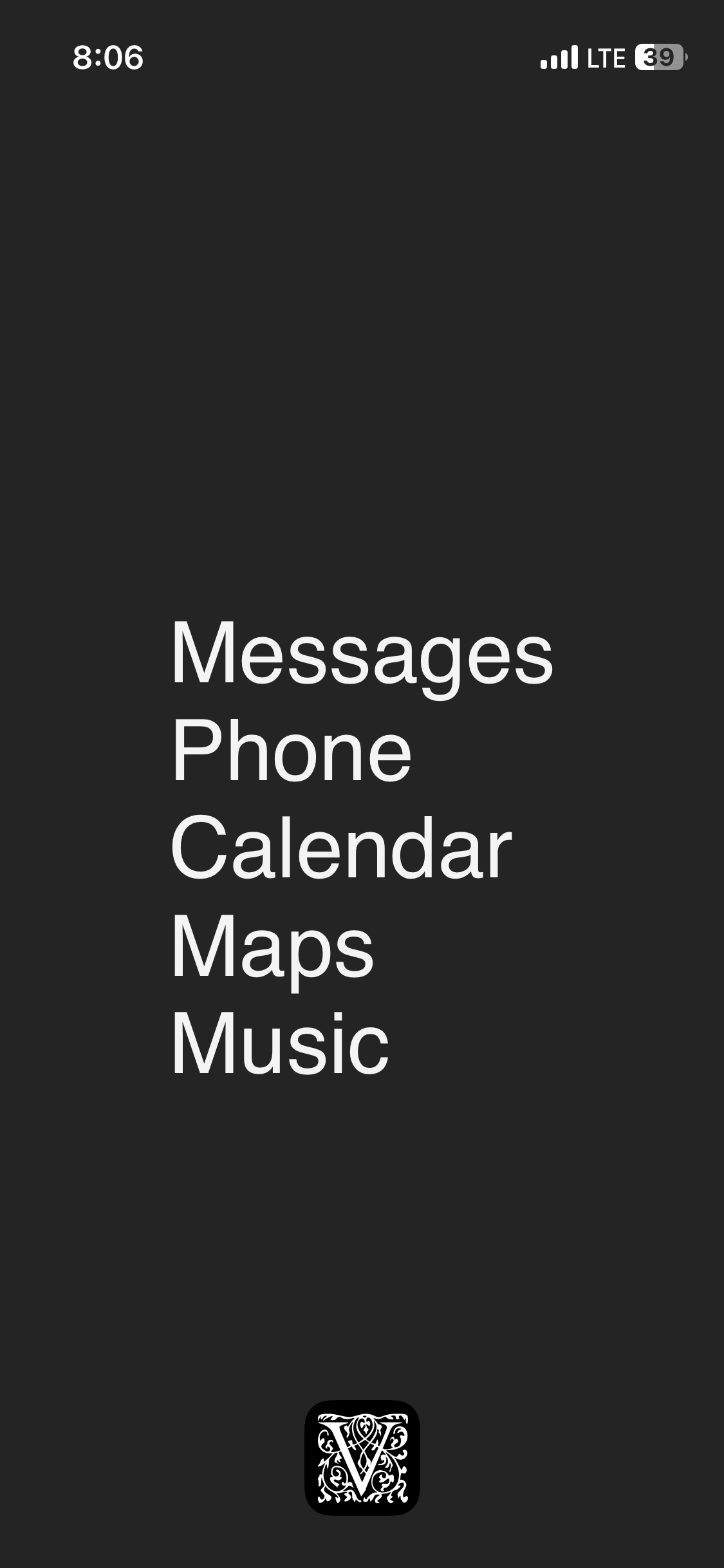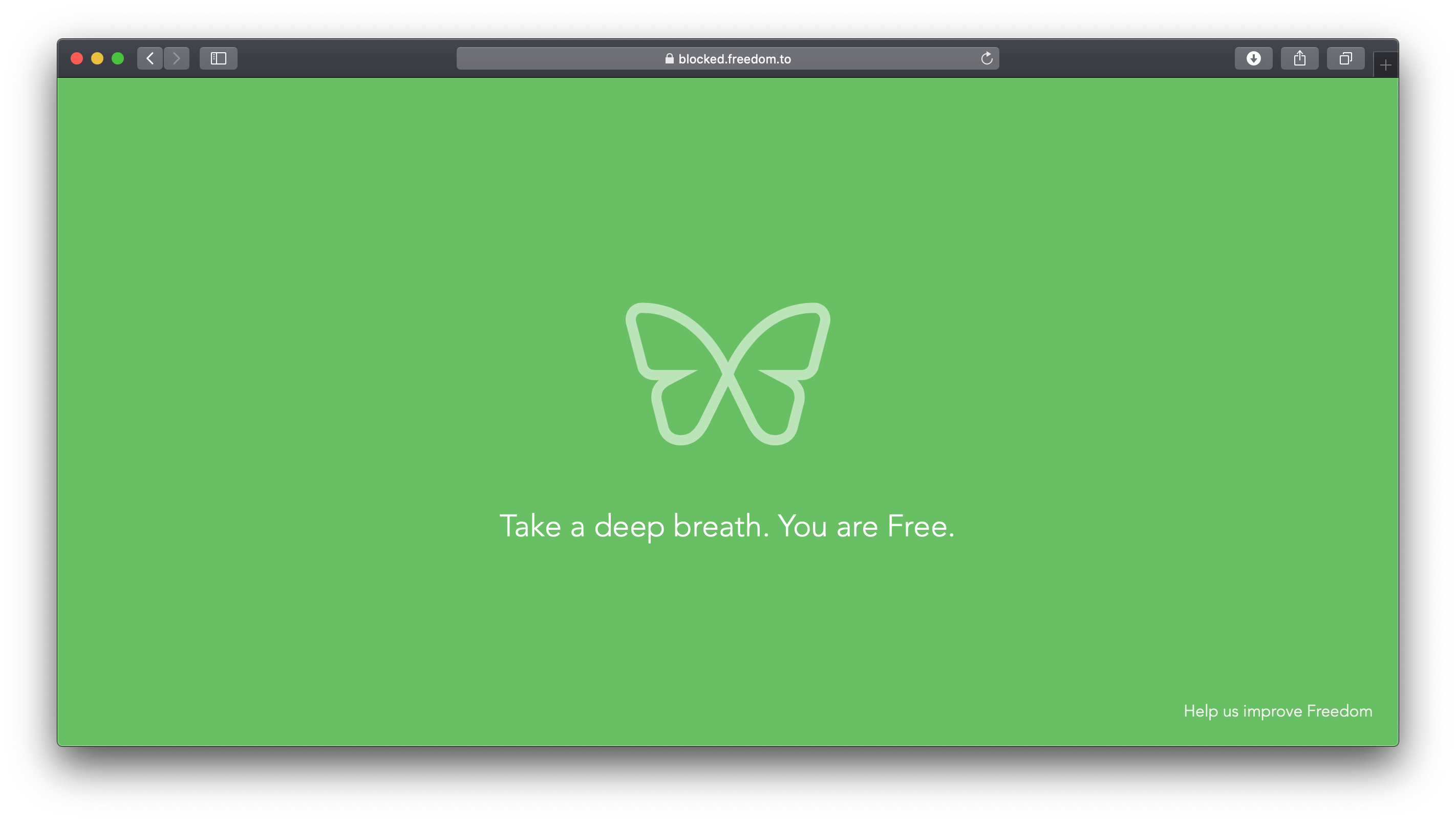Tech
10/14/25
There are some lines I have drawn in the sand when it comes to tech companies: I don’t have any sort of account with Alphabet (Google), nor do I have an account with Meta (Facebook, Instagram, etc.). I find their stated goals for the relationship between technology and humanity repulsive, and their exploitation of adolescents—harnessing the power of addiction and pre-teen/teenage hormones to increase their user base—abhorrent. I find nothing redeemable about either tech company.
Continue reading →
7/5/25
Note: as is often the case, this short note started with a quick thought I recorded in a parking lot. Below is the first attempt to put down in words some of what I am trying to say. If you are curious and okay listening to unpolished thoughts, here is the original voice memo.
Here is the slightly more polished attempt:
Opening Premise
Humans are better off when they spend more time talking with family, friends, and neighbors than they do listening to strangers.
Continue reading →
1/8/25
In an ideal world, I pray the Daily Office with real books and by candlelight. In this world, I often find myself listening to Morning and Evening Prayer. Over the break I created this Shortcut that will load and play the correct audio Office depending on the time of day. You can edit or remove the “Prayer Intentions” popup as needed.
The audio is from the folks at Forward Movement. It is faithfully updated with Readings for Morning Prayer and Evening Prayer every single day—something sorely lacking in the dozens of versions of the audio Daily Office I have tried to date.
Continue reading →
11/14/24 →
Are churches and schools trying to fully digitize their lives through over-reliance on a website, overuse of social media, and a felt need to embrace artificial intelligence at the same time that parents and parishioners are trying to wean themselves off these very things?
I think yes.
7/20/24 →
Not all updates happen automatically, and computer attacks often occur because people or businesses are slow to adopt patches sent by software companies to fix vulnerabilities—in essence, failing to take the medicine the doctors prescribe. In this case, the medicine itself hurt the patients.
Kudos for a helpful tech explanation of the unique nature of the crash in this WSJ article about the CrowdStrike update.
5/9/24 →
The iPad ad shows the true colors of much of the tech industry. These companies stopped making tools a long time ago. They now make Everything Machines that are designed to free us from the shackles of the analog world. Up next: freedom from the shackles of the physical world. This is Gnosticism revisited, not by ancient religious leaders, but by tech moguls who are driven by far more than profit.
I wonder how much of the push towards thinner and lighter is rooted in a desire to free the user from anything physical? Sure, these devices are (sometimes) easier to transport and (sometimes) easier to hold when they are thinner and lighter. But the ad suggests that thinness is about more than usability. The thinner the device, the less reliant we are on the physical realm.
I am writing this on an iPad. I am well aware of the cognitive dissodance involved here. But my recent flirting with the idea of only purchasing used tech devices did just gain an extra measure of resolve.
This ad reminds us that we have too weak a vision for the value of repair and restoration. As one whose views on automobiles and life have been shaped by decades of listening to Car Talk, and admires the folks behind The Repair Shop, the sharp contrast between this ad and the spirit of shows like these is palpable.
The ad works, in a world where advertising is successful in so much as it is viral.
1/19/24
When you used to store your family photos in physical albums, and then you were convinced to store them all on a hard drive, and then you were convinced by a large for-profit company to store them in the cloud for free, until the cloud became the only place your photos were stored, and the company decided to charge a monthly fee in order for you to continue to store all of your photos online, you have been had.
Continue reading →
12/7/23
Smartphone and social media addiction is a real plague affecting younger generations. To deny this in any way is to be woefully and intentionally ignorant of reality.
At the same time, part of the reason this is a problem in the first place is that the exact same is true of older generations. See Sherry Turkle’s excellent book Reclaiming Conversation for hard data on this front.
An illustration from my commute this morning: traffic was held up at a left-turn light because the lady in front of me put on her readers to check her phone.
Continue reading →
8/24/23 →
Are you against computers, Socrates?
Socrates: Of course not. Am I against brains? I am against confusion—against personalizing instruments and instrumentalizing persons—which is what is at stake in this philosophical question about human and computer intelligence.
From Peter Kreeft’s brilliant book The Best Things in Life, which imagines dialogues that occur when Socrates visits a modern university campus. Even more poignant: this book was written in 1984.
5/30/23 →
An attempt to harness technology as a tool to accomplish what I find to be most important in life.
Blank App for shortcuts and Venite for the daily office.

5/8/23
The paragraph below, from Alan Jacobs, is an important one to comprehend. The rest of his post helps frame some of the wider issues at hand, and points to other helpful works for those seeking to read more widely on these things.
I want to make a stronger argument: that the distinctive “occupational psychosis” of Silicon Valley is sociopathy – the kind of sociopathy embedded in the Oppenheimer Principle. The people in charge at Google and Meta and (outside Silicon Valley) Microsoft, and at the less well-known companies that are being used by the mega-companies, have been deformed by their profession in ways that prevent them from perceiving, acknowledging, and acting responsibly in relation to the consequences of their research.
Continue reading →
6/26/20 →
All work email is officially blocked on all devices for the next eight days. One of the few true breaks from work in the year. Looking forward to it … especially after the withdrawal dissipates.

6/20/20 →
But a deeper question lurks beneath this debate: are these services making you a better or worse version of yourself?
On social media and character, by Cal Newport.
6/15/20
At my best, I try to use email as its namesake suggests it should be used: as an electronic mailbox.
As technology advanced in the 20th and 21st centuries, and the smartphone transitioned from an executive novelty to the norm, very few of us—including myself—stopped to ask whether this was actually a good thing. We can access email 24-hours a day on our phones, but should we?
Are humans the type of beings who are able to flourish when we are never truly disconnected from our work?
Continue reading →
6/15/20
Becoming detached from my phone and off-hours email access started well over two years ago. The list below represents the gradual progression to where I am today. (Notes in parenthesis are updates based on changes since the list was first written.)
Disable all push notifications except Phone and Messages Remove native Mail app plus Gmail and Outlook apps (iOS 10 allows you to do this through Restrictions. It helps to have a friend/spouse create a restrictions code for you.
Continue reading →

